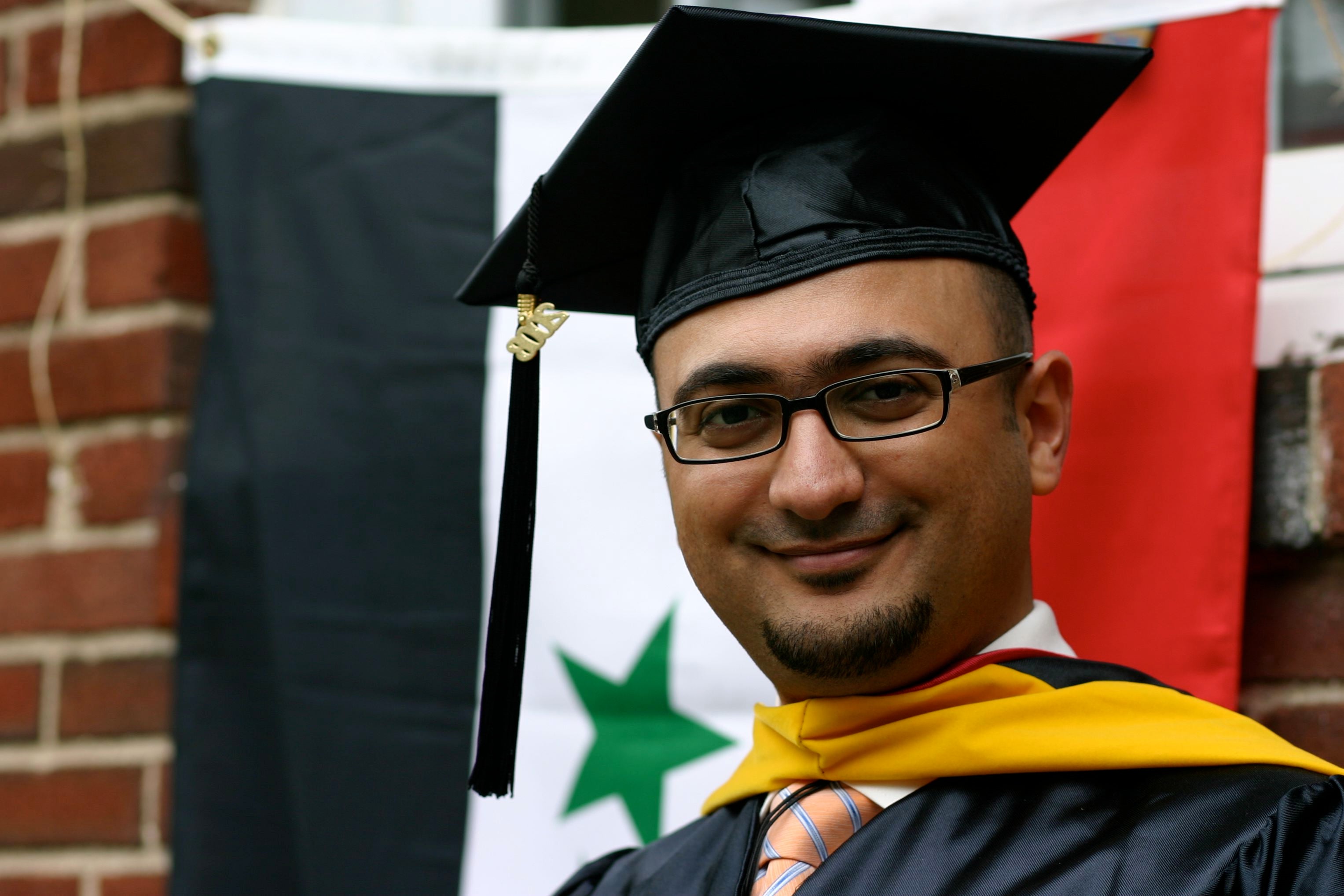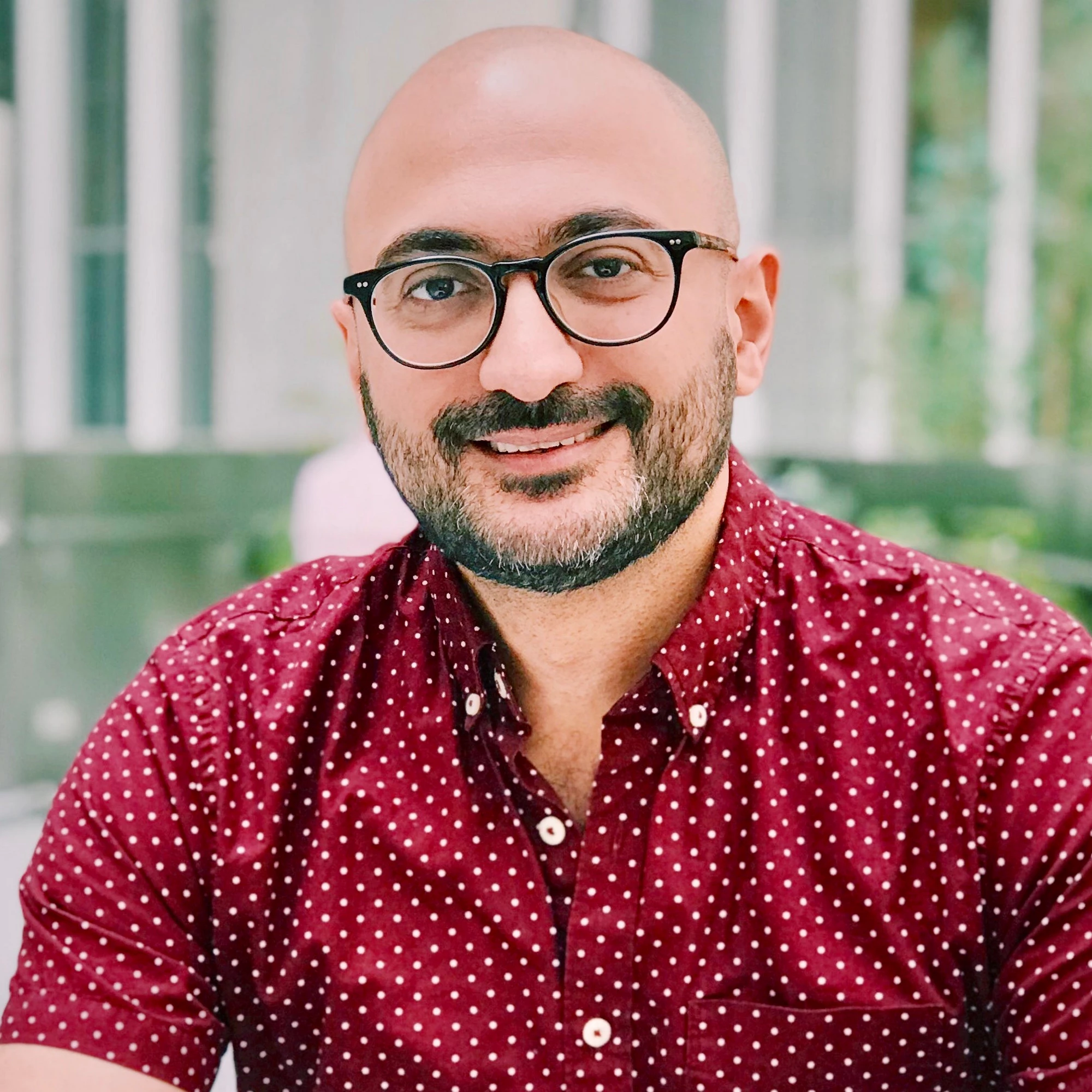
I walked among dead bodies of people blown up by bombs. I ducked and covered from bullets falling around my feet, and I was almost choked to death by an angry mourner. One of millions of Iraqis, I was trying to survive a brutal reality that never seemed to end.
I still cannot escape these images. I still smell the dead. I had to go to where death lay due to my job as a reporter. That job left many journalists, including one of my former colleagues at the Washington Post, dead.
As rewarding as it was, that job cost me my country. I had to seek refuge. Armed groups had taken every chance to attack journalists and their families, especially those who worked for American media. They kidnapped them, tortured them, and asked for ransoms to spare their lives. I did not want this to happen to my family.
One of the many horrific scenes I witnessed was covering a suicide bombing that ripped through a popular restaurant by the side of the Tigris River in Baghdad in 2005. Two hours after I arrived at the scene, there were still piles of dead bodies. In front of a body of a dead man stood a young boy, weeping and screaming, “Baba, please wake up.” I froze. What if this was someone I knew? A brother or a cousin? I went back to the car. I threw down my notebook and pen and wept. That was it, I thought. I have to leave. In 2006, I applied to pursue my master’s degree in the United States. For two years of the program, I thought things would calm down and I would finally be able to go back home.
But things got worse.
Back home, there were reports of armed groups still attacking journalists. Even worse, they were kidnapping U.S. graduates returning home. Rumor had it, they considered these graduates like myself FBI and CIA trainees sent to hunt them down!
Everybody, including my family, told me not to come back yet. Around the same time in 2007, my former Washington Post colleague Salih Saif Aldin was killed in Baghdad. A former Washington Post friend and colleague, fearing for my life, offered to help me stay in the United States and connected me with an attorney to apply for asylum. This was when my road to refuge began.
The journey had been long, exhausting, and on many occasions tearful. Leaving everything behind was hard. Starting a new life from scratch in a place where you have no relatives or family was the most difficult thing I had ever gone through. It was even harder knowing that I was finally safe but my whole family wasn’t.
The United States was generous enough to approve my relocation in 2008. However, the greatest generosity I received was from the American people themselves. Christians, Muslims, Jews, and atheists welcomed me in their own country. They opened their homes and hosted me like a family member. They supported me in finding a job after graduation. They taught me that America is a place for everybody. They translated the American Dream into action.
Had the U.S. government and the American people not helped me resettle here, I probably would have been a dead body with a bullet in the head, merely a number added to the hundreds of thousands of war victims.
But today, I am an American citizen, and I couldn’t be prouder. With the support of my fellow Americans, I was able to build a new life from scratch and be where I am now, working for the World Bank. With that support I was also able to start a family in a safe environment. Those who opened their doors to me did humanity a favor, and I am but one of many refugees who were welcomed and helped.


Join the Conversation